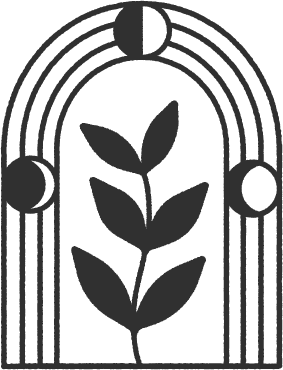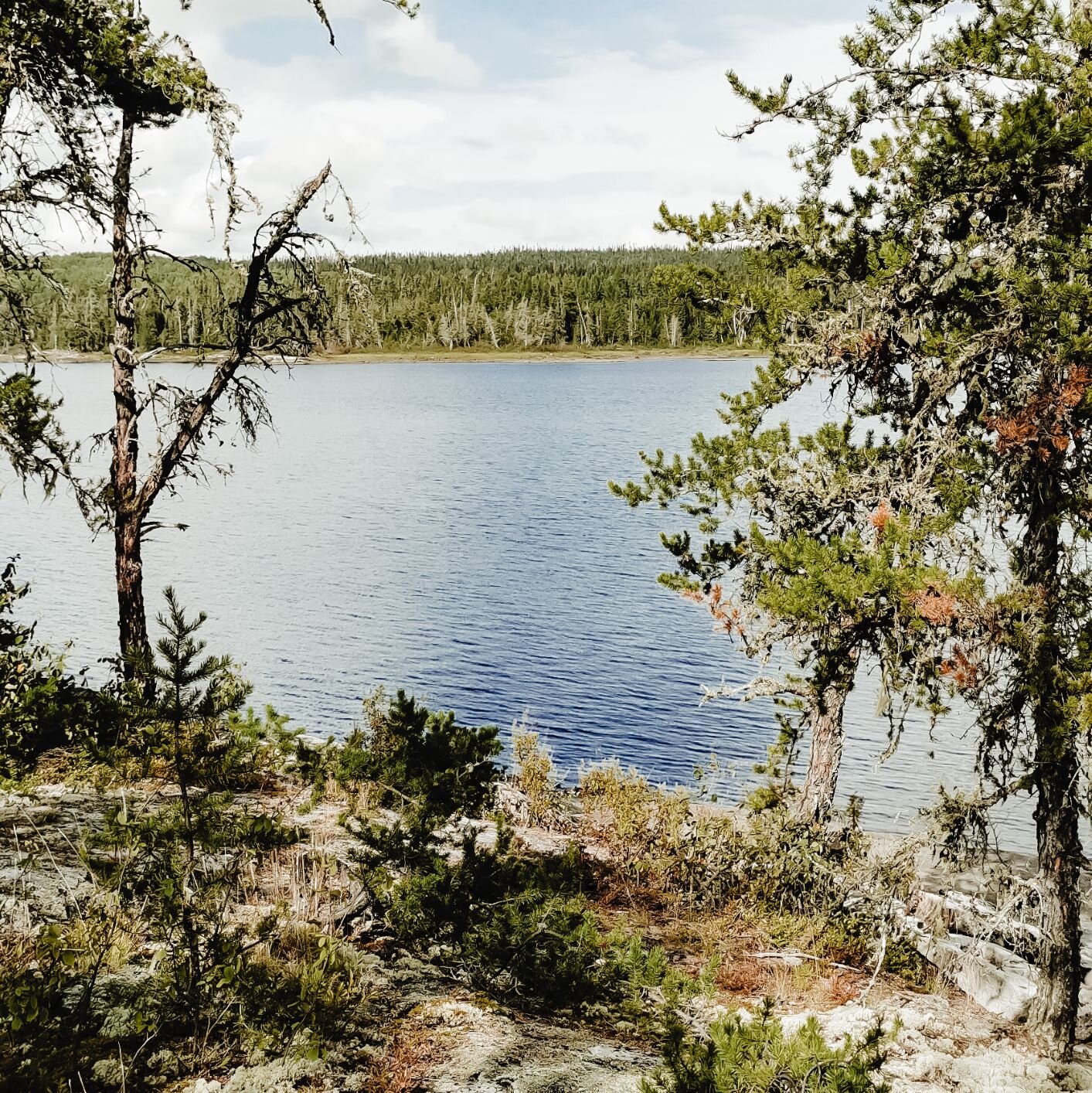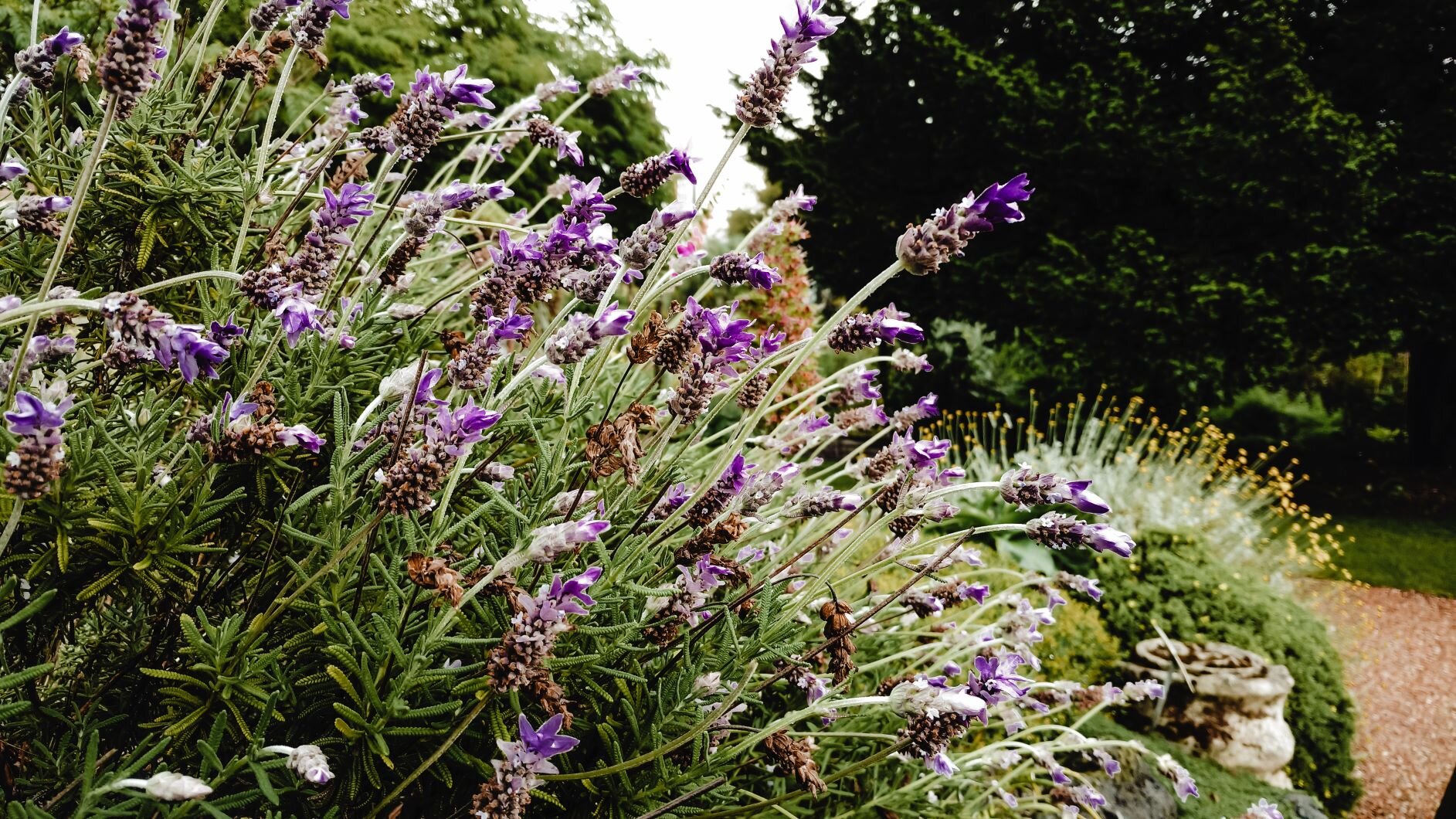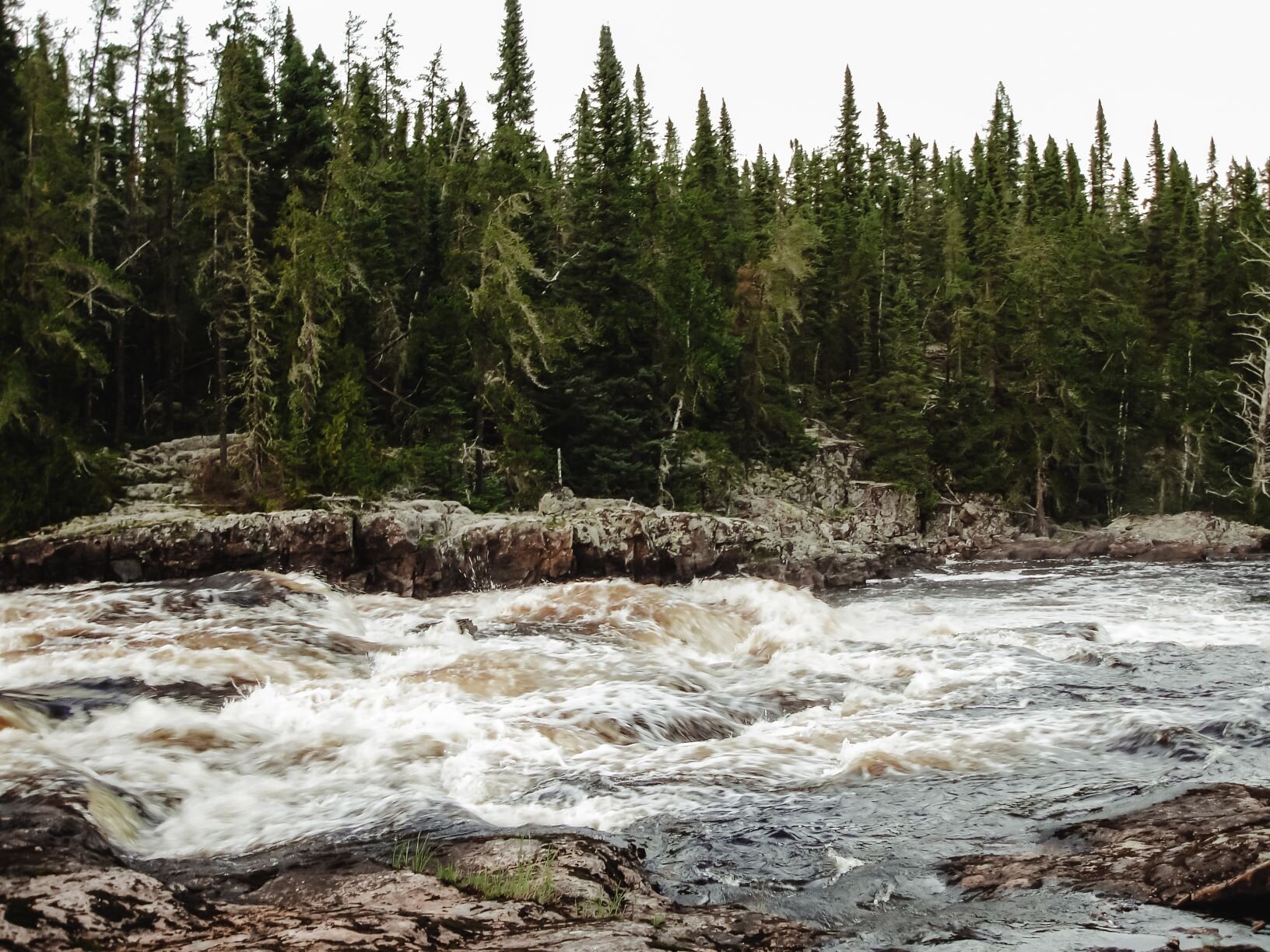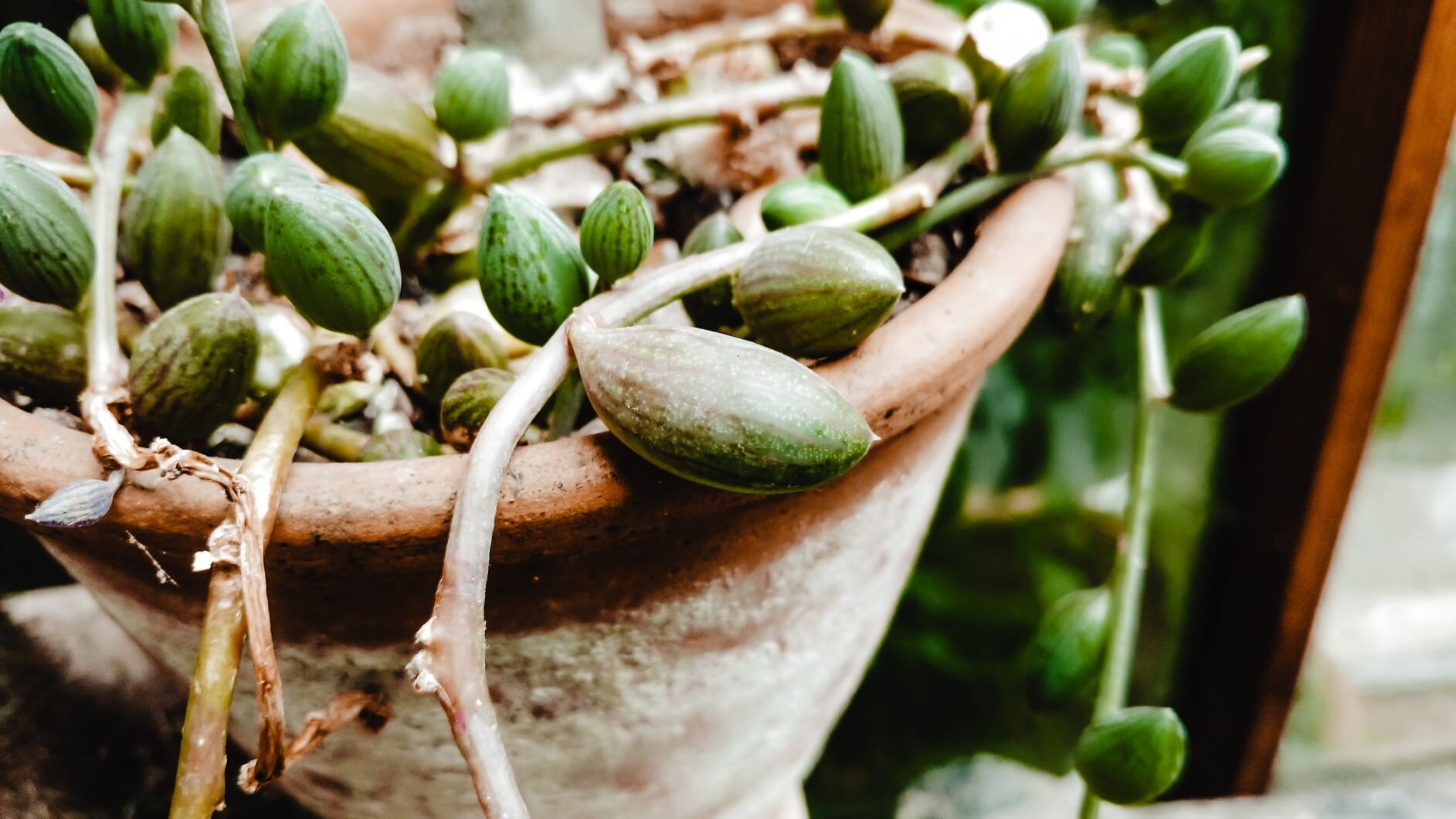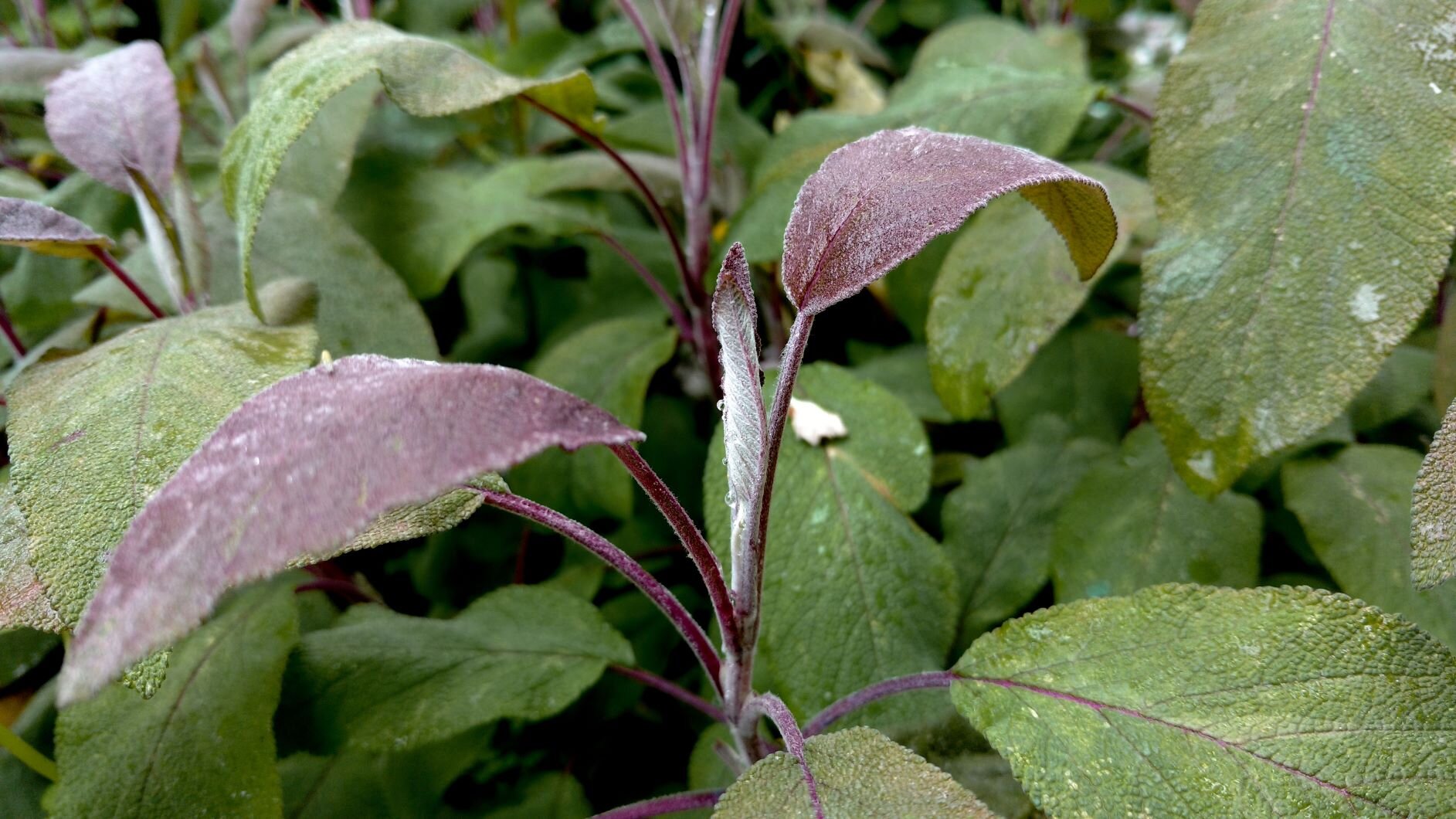Why Nature is Indispensable To Your Health
It may be intuitive to you that being in nature is good for you.
But a large and growing body of research is showing us just how profound of an impact nature has on every aspect of our lives. Not only does our connection with the Earth improve our health in every imaginable way, but our connection with nature also fosters environmental stewardship and the healing of a broken relationship with the Earth, which has developed over hundreds of years of capitalism and colonialism.
What are the benefits of spending time in nature?
The body of research showing nature’s health benefits is so huge and constantly expanding that I couldn’t possibly summarize it here, and it would be out of date as soon as I hit publish. Researched benefits range from reducing blood sugar in diabetics, to lower rates of some cancers, to improved mental health, to a decreased risk of death!
So I turned to my friend Dr. Owen Wiseman, a naturopathic doctor who founded the project Science and Nature to educate people on exactly this. He started out by highlighting how incredibly simple exposures to nature can have a profound effect on one of the biggest public health crises of our day – in one study, simply the exposure to more sunlight led to a requirement of “22% fewer opioid medications” after spinal surgery. “I think of the incredible drug costs savings and how you reduce the risk of fostering dependency in certain cases,” he points out – and the only intervention in the study was SUNLIGHT!
But of course, pain isn’t the only thing that’s affected by nature exposure – Owen also tells me about a study showing that “allotment gardening led to significant improvements in body image in terms of pride and appreciation of one’s body.” This finding makes me think of all of the people trapped in the cycle of diet culture because of dissatisfaction with their bodies, the higher number of LGBTQ2SIA+ youth who struggle with body image due to societal pressures, and the many people who live with eating disorders. Could their difficulties be eased by access to a garden where the worth of their body is based on its ability to care for plants rather than its shape or size?
Unequal access
While listing the many effects of nature on health, Owen can’t help but point out the role that access to nature plays in the health disparities we see stratified by socioeconomic status. He explains that “A study by Mitchell & Popham (2008) showed that health inequalities related to income were lower in neighbourhoods with a greater amount of green space,” uncovering one of the many factors that contribute to poorer health outcomes for low income, often racialized, urban dwellers. It’s also something that’s usually not in individuals’ control, but rather the responsibility of the municipality: “I would love to see decision-makers and developers mandated to include an amount of green space that actually supports health benefits in marginalized communities where residents often need it most.”
Dr. Cyndi Gilbert, also a naturopathic doctor and author of Forest Bathing: Discovering Health and Happiness Through the Japanese Practice of Shinrin Yoku (A Start Here Guide), points out another important way that our connections to nature may have been severed generations ago, reinforcing these health disparities. The forces of capitalism, which views nature as a resource, and of colonialism, which views land as property, have pervaded the way that we connect with the land in very different ways for different groups of people. “For Indigenous people or descendants of enslaved Africans who face the intergenerational trauma associated with being moved and removed from their traditional lands and/or separated from their family and culture, forest bathing can be a powerful healing activity for trauma recovery and a chance to reclaim ancestral land and stories.” Members of diasporas – groups of people who have migrated from their ancestral lands for various reasons – may also feel disconnected from the land in a similar way.
“For people who face the intergenerational trauma associated with being removed from their traditional lands, forest bathing can be a powerful healing activity.””
As important as it is to facilitate the restoration of that connection with the Earth and its healing powers for oppressed groups, the nature connection has something to offer everyone. Cyndi continues “For settlers, forest bathing can ignite us to advocate for safe, secure, and healthy relationships to the land and invite us to actively engage in reconciliation.” Definitely something I’d like to strive for as a settler in Ontario, Canada.
But reconciliation isn’t the only thing that connecting with nature spurs us to do. “Studies show feeling connected to nature increases our drive and desire to care for our ecosystem and increases environmental awareness, conservation efforts, and ecoactivism. In essence, forest bathing cultivates environmentalism,” Cyndi explains. It’s hard to justify using the land unsustainably and polluting it unchecked when you have a personal connection to it.
How to forest bathe
Fostering our individual connections to nature is clearly of massive benefit to our own health, the health of our communities, and the health of the planet. So how do you do it?
Cyndi uses the term “forest bathing” to refer to pretty much any intentional immersion in nature: “Forest bathing is exactly what it sounds like – bathing in the forest. Except that you don’t need to strip down unless you want. Think about it as mindful basking in greenery.” And there’s no right way to do it.
“There aren't any hard and fast rules about what constitutes forest bathing. You can sit, stand, or walk. You can meditate or just take in the sights, sounds, smells, and sensations of the forest.” Those sights, sounds, smells and sensations are Cyndi’s favourite way to deepen that nature connection: “In general, I use a five senses meditation to deepen my forest bathing practice and I also have a few well established "sit spots" I regularly visit to cultivate those relationships over a longer time.”
A five-senses meditation is simply noticing what you can see, smell, hear, feel, and taste while you sit in a natural area.
And she also points out that you don’t need to be actually in a forest to forest bathe. “Whether I'm in a city park or on the edge of a lake on the Canadian Shield, I find the most healing in simply noticing the world around me.”
Owen agrees that we can connect with nature no matter where we are. “We always need to be mindful what a privilege it is to have green space nearby, access to a backyard or even a balcony. If it’s difficult to get yourself to nature, then I encourage people to bring nature to them. A couple of plants around the home can increase productivity, boost one’s mood and even help reduce blood pressure! There are even online groups where people give away their propagated plant babies for free.”
Owen likes to get his nature time in every day if possible. “On the days where I work from home, I’m trying to force myself to sit outside for at least a few hours for the sensory experience. Even when the weather is chillier than I’d like, I bundle up in some warmer clothing. It’s made a big difference in my own productivity and mental health as I’m able to rest my eyes, listen to the birds, smell the earth and feel the breeze.”
Most of our day-to-day lives have become dominated by built environments and artificial schedules. Sometimes the best thing we can do for ourselves is bring ourselves back in synch with our environment. As Cyndi says, “The most impactful thing I've done to foster my connection with nature is to slow down, and even stop and sit down. I've always loved lying down in the grass or a field of wildflowers and just being 100% immersed in nature.”
You can learn more from Dr. Owen Wiseman, ND by checking out @scienceandnatureofficial on Instagram, or at www.owenwiseman.com.
You can learn more from Dr. Cyndi Gilbert, ND by reading her book, Forest Bathing, or at www.cyndigilbert.ca.
